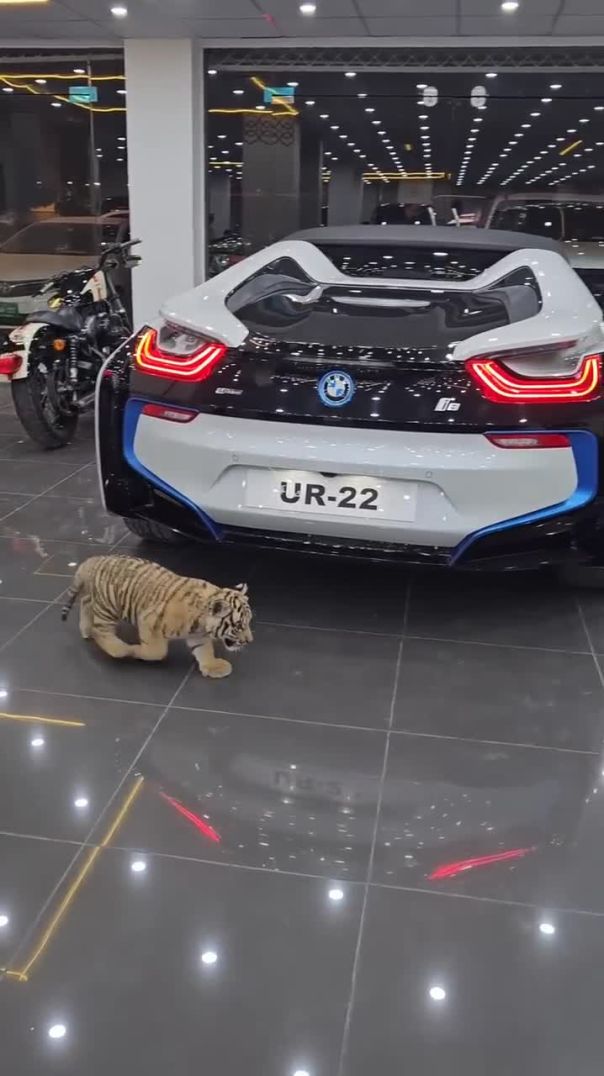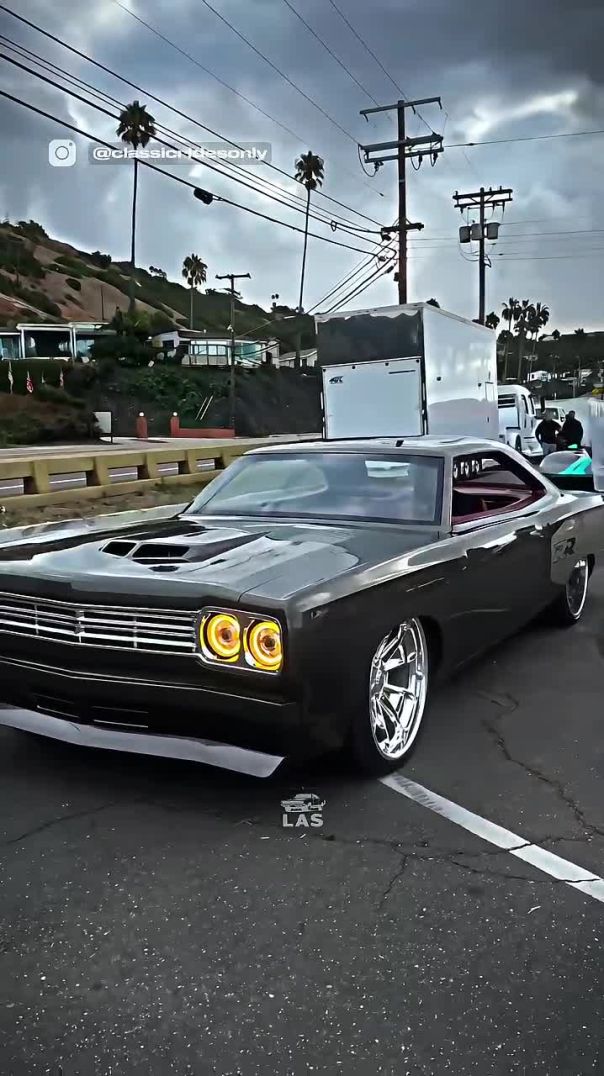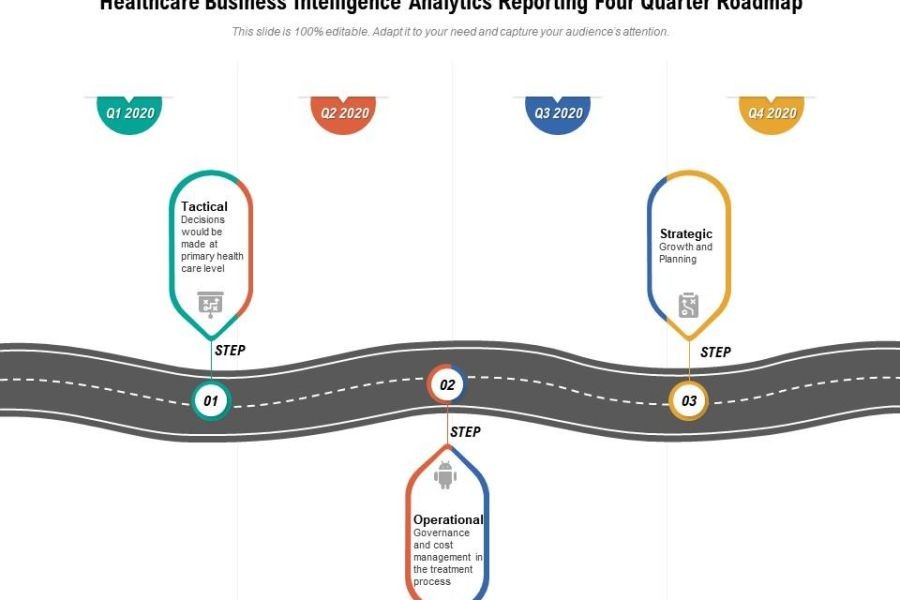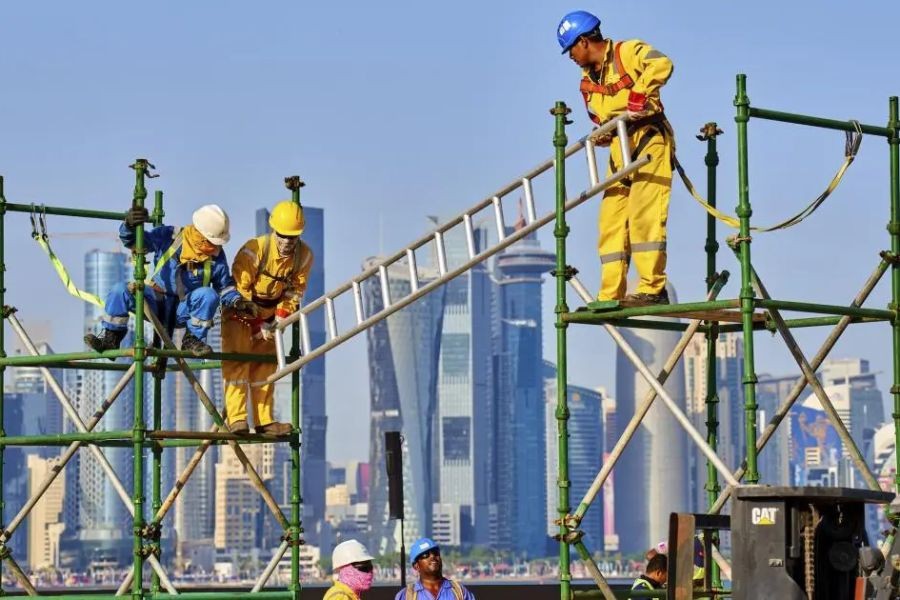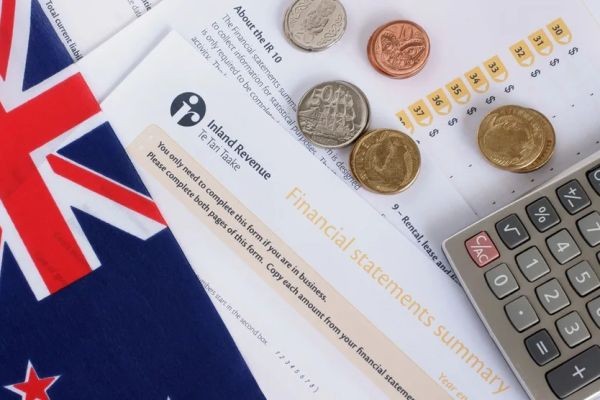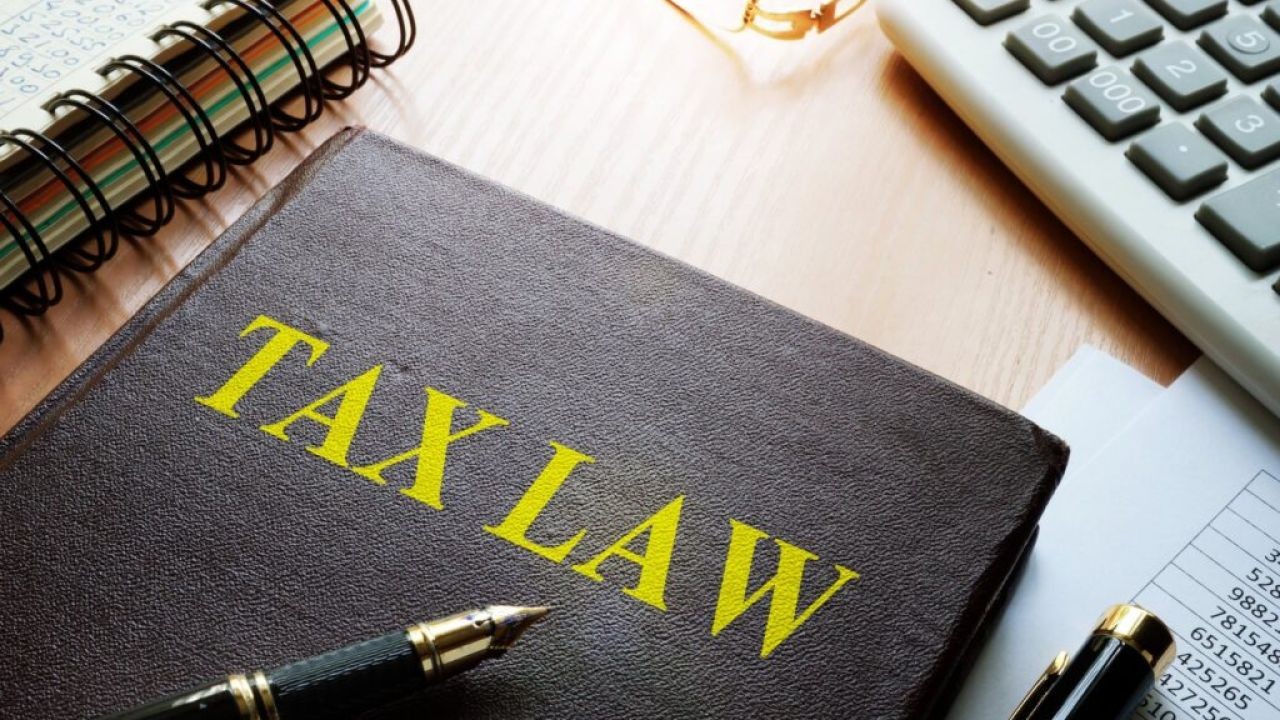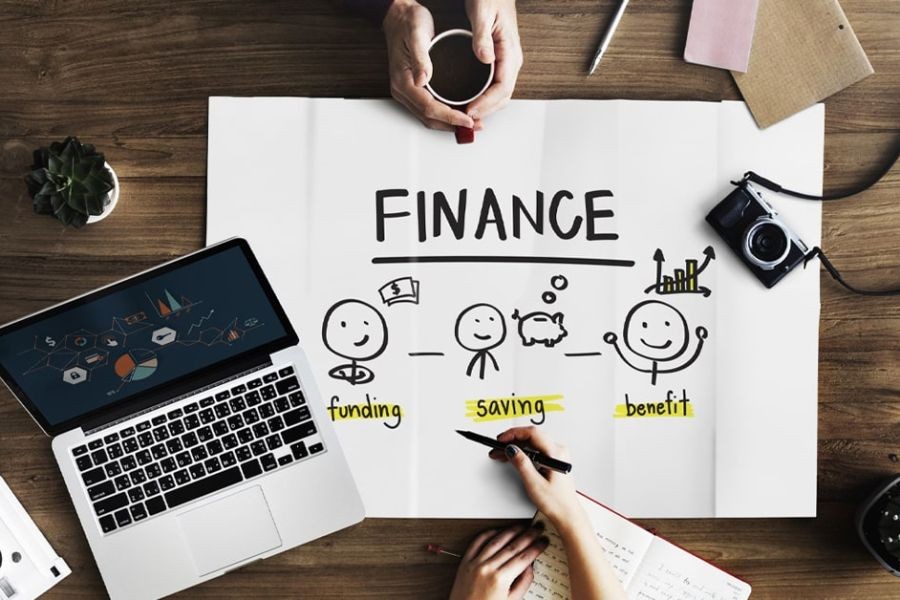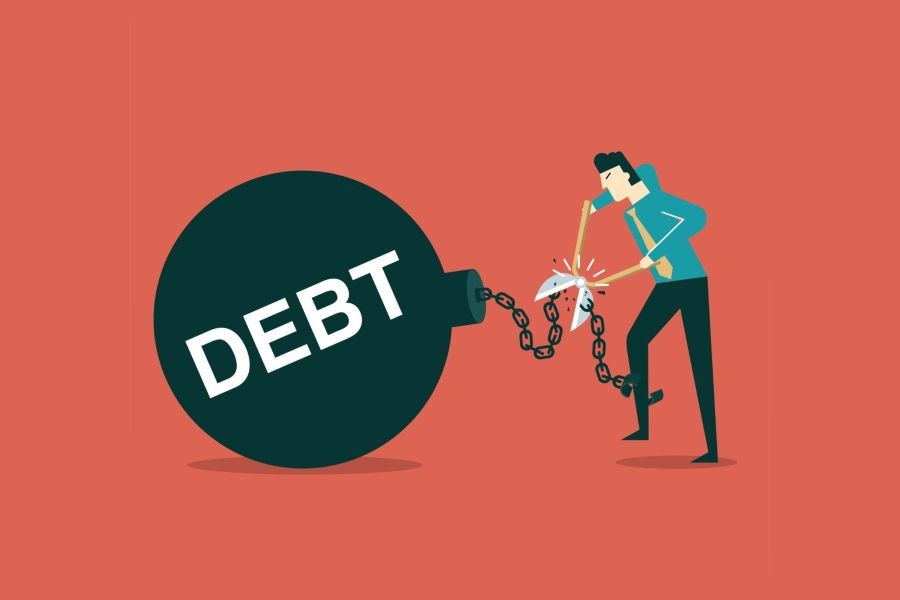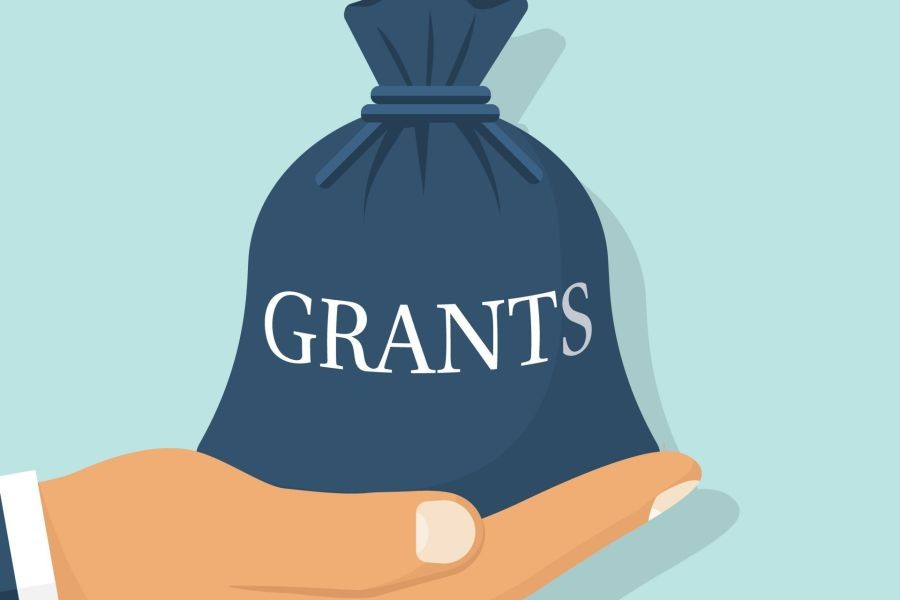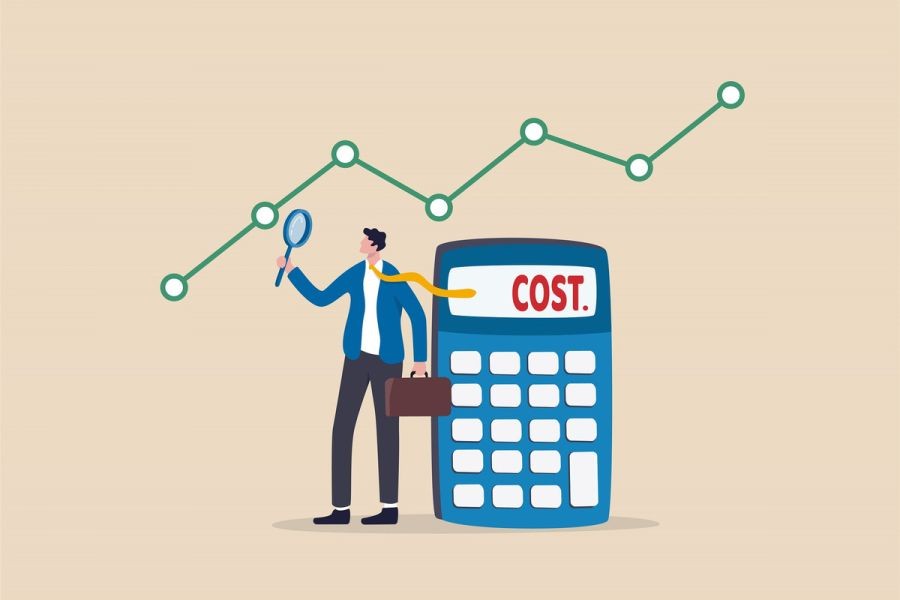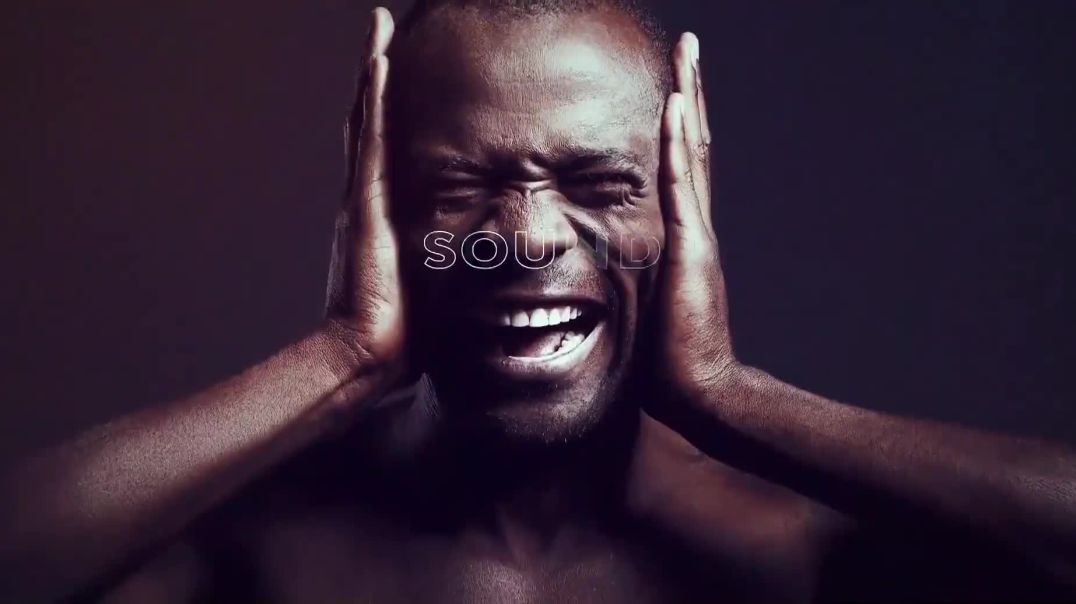In the vibrant landscape of New Zealand, where the love for adventure meets the practicality of eco-friendly transport, buying a second-hand motorcycle can be both a thrilling and daunting experience. With the country's growing focus on sustainable practices, many Kiwi riders are turning towards pre-owned motorcycles. However, navigating this market without falling prey to scams is crucial. This article delves into the strategies that can help buyers make informed decisions, backed by data and insights specific to New Zealand.
Understanding the Second-Hand Motorcycle Market in New Zealand
The New Zealand motorcycle market is unique, with a blend of local and imported models. According to Stats NZ, there has been a noticeable increase in the number of second-hand vehicles sold, reflecting the country's shift towards sustainable consumption. This trend aligns with the global move towards reducing carbon footprints by reusing existing resources rather than producing new ones.
Pros of Buying a Second-Hand Motorcycle
- Cost-Effectiveness: Purchasing a second-hand motorcycle is generally more affordable than buying new. This cost saving allows for budget flexibility, enabling buyers to invest in quality gear or accessories.
- Environmental Benefits: By opting for a pre-owned motorcycle, buyers contribute to reducing the demand for new manufacturing, aligning with New Zealand's sustainability goals.
- Depreciation: New motorcycles depreciate quickly, but a second-hand bike has already undergone the steepest depreciation, preserving the buyer's investment.
Cons of Buying a Second-Hand Motorcycle
- Potential Hidden Issues: Without thorough inspection, buyers may end up with a motorcycle that has underlying mechanical problems, leading to costly repairs.
- Limited Warranty: Second-hand motorcycles often come with limited or no warranty, increasing the risk of unexpected expenses.
- Outdated Technology: Older models may lack the latest technological advancements, such as improved fuel efficiency or safety features.
Real-World Case Study: Successfully Navigating the Market
Case Study: Sarah’s Successful Purchase Journey
Problem: Sarah, a Christchurch resident, wanted an eco-friendly and cost-effective transport solution. However, she was wary of purchasing a second-hand motorcycle due to potential scams.
Action: Sarah conducted extensive research and used resources like the Motor Trade Association (MTA) to verify the seller's credibility. She also employed a professional mechanic to inspect the motorcycle before purchase.
Result: Within two weeks, Sarah secured a reliable second-hand motorcycle at 25% less than the market price for a new model. The bike required minimal maintenance, saving her significant costs.
Takeaway: This case highlights the importance of due diligence, using expert inspections and trusted resources to ensure a secure purchase.
Common Myths and Mistakes in Buying Second-Hand Motorcycles
Myth: "All second-hand motorcycles are unreliable and outdated."
Reality: Many second-hand motorcycles are well-maintained and offer great value. A thorough inspection can reveal gems that are both reliable and affordable.
Myth: "It's cheaper to buy from private sellers than dealerships."
Reality: While private sales may seem cheaper, dealerships often provide added security through warranties and certified checks, reducing long-term risks.
Biggest Mistake to Avoid: Failing to check the motorcycle's history. Always request a vehicle history report to uncover past accidents or mechanical issues.
Future Trends in the NZ Motorcycle Market
With New Zealand's commitment to sustainability, the future of the motorcycle market looks promising. According to a report by the Ministry of Business, Innovation, and Employment (MBIE), there is an anticipated increase in the availability of electric motorcycles. These eco-friendly options are expected to dominate the market by 2030, providing more choices for environmentally conscious consumers.
Final Takeaways and Call to Action
- Fact: Second-hand motorcycles can provide significant savings while contributing to sustainable practices.
- Strategy: Use reliable resources like the MTA and professional inspections to ensure a safe purchase.
- Mistake to Avoid: Neglecting to verify the seller's credibility and the motorcycle's history.
- Pro Tip: Consider future trends, such as electric motorcycles, as sustainable options.
Ready to make a smart and eco-friendly purchase? Dive into the second-hand motorcycle market with confidence, and share your experiences or questions below!
People Also Ask
How does buying a second-hand motorcycle impact the environment in New Zealand?
Purchasing a pre-owned motorcycle supports sustainability by reducing the demand for new manufacturing, aligning with New Zealand’s goals to lower carbon footprints.
What are the biggest misconceptions about buying second-hand motorcycles?
One common myth is that all second-hand motorcycles are unreliable. However, many are well-maintained, offering great value and reliability.
Related Search Queries
- Second-hand motorcycle buying tips NZ
- Sustainable transportation options in New Zealand
- Best places to buy used motorcycles in NZ
- Electric motorcycles market trends NZ
- Environmental impact of motorcycles in New Zealand
